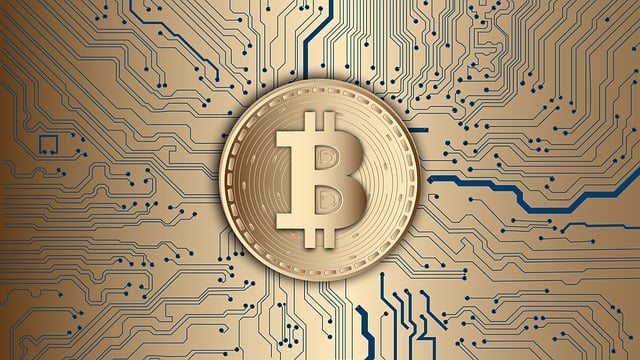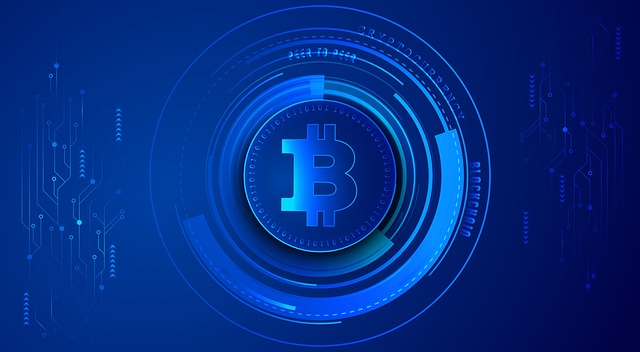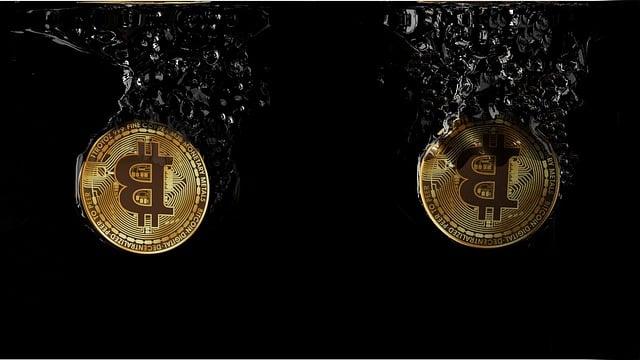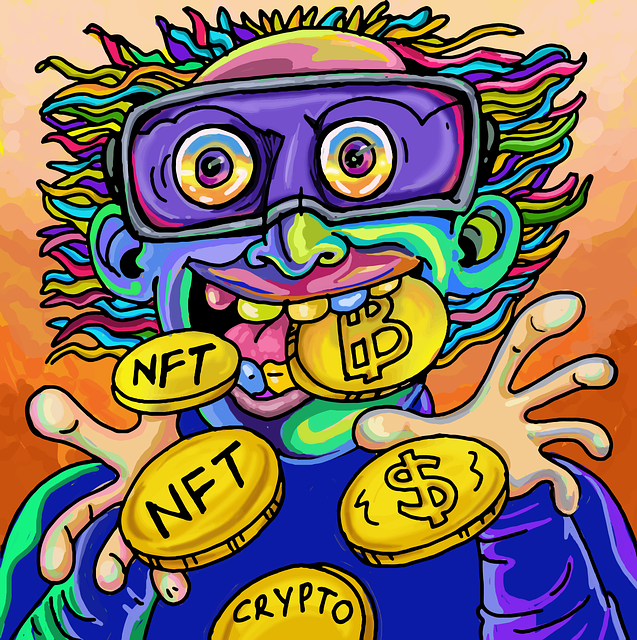Decentralized Finance (DeFi), powered by blockchain, offers an intermediary-free, global financial ecosystem. While DeFi's open access and enhanced security through smart contracts revolutionize traditional banking, it presents significant regulatory hurdles. Global regulators grapple with consumer protection, anti-money laundering, and data privacy in the absence of centralized control. Approaches vary from hands-off to stringent frameworks, with ongoing debate on balancing innovation and stability. A balanced regulatory strategy is crucial for DeFi's future: encouraging innovation while ensuring investor confidence and market integrity through clear guidelines, oversight, and collaboration among stakeholders.
In the ever-evolving financial landscape, decentralized finance (DeFi) has emerged as a disruptive force, reshaping traditional banking models globally. This article explores DeFi’s rapid growth and its impact on the world economy. We delve into the underlying technology, revealing why it’s attracting investors worldwide. However, amidst this buzz, regulatory challenges loom large. We analyze these hurdles and the current approaches to address them, offering insights into the potential future of DeFi while navigating a balanced regulatory path.
- Understanding Decentralized Finance (DeFi) and its Global Impact
- The Appeal of DeFi: Why It's Gaining Momentum
- Regulatory Challenges in the DeFi Space: A Deep Dive
- Current Regulatory Approaches to Addressing DeFi Concerns
- The Future of DeFi: Navigating a Balanced Regulatory Path
Understanding Decentralized Finance (DeFi) and its Global Impact

Decentralized Finance (DeFi) refers to a revolutionary financial system built on blockchain technology, aiming to create an open and accessible financial ecosystem free from traditional intermediaries like banks. It enables users to borrow, lend, trade, and earn interest on their assets securely and transparently. DeFi has gained global traction, offering individuals control over their funds and potential access to financial services previously unavailable to them. This innovative approach challenges the status quo, especially in regions with limited banking infrastructure.
However, as DeFi expands globally, it faces regulatory challenges. Traditional financial regulations struggle to keep up with the decentralized nature of blockchain technology. The lack of centralized authority makes it difficult to enforce rules and protect investors from potential risks. As a result, countries are grappling with how to oversee and regulate DeFi platforms while fostering innovation. Balancing the benefits of open finance with consumer protection is an ongoing discussion shaping the future of global financial services.
The Appeal of DeFi: Why It's Gaining Momentum

The allure of decentralized finance (DeFi) lies in its promise to disrupt traditional financial systems by offering open-access, transparent, and peer-to-peer transactions without intermediaries like banks. This innovative concept harnesses blockchain technology to create a new digital banking landscape, where users have greater control over their assets and data. DeFi’s potential to democratize finance has garnered significant attention from investors and tech enthusiasts alike. It addresses the regulatory uncertainties often associated with traditional financial institutions by leveraging smart contracts to automate and enforce agreements, enhancing security and reducing fraud risks.
Despite its rapid growth, decentralized finance faces regulatory challenges as regulators grapple with how to integrate this new asset class while ensuring consumer protection and market stability. The lack of a centralized authority makes it difficult to implement traditional oversight mechanisms, prompting debates on the best approach to governing DeFi. However, these hurdles have not halted the momentum; instead, they have fueled discussions and innovations aimed at creating more robust and compliant decentralized finance solutions.
Regulatory Challenges in the DeFi Space: A Deep Dive

The decentralized nature of decentralized finance (DeFi) presents unique regulatory challenges that traditional financial systems struggle to address. DeFi platforms operate on blockchain technology, allowing for peer-to-peer transactions without intermediaries like banks. This innovative model has sparked a new era of financial inclusion and accessibility. However, it also raises complex issues regarding consumer protection, anti-money laundering (AML), and know-your-customer (KYC) procedures, as well as data privacy and security.
Regulatory bodies worldwide are grappling with how to oversee DeFi without stifling its growth. The lack of centralized control makes it difficult to enforce existing laws and regulations effectively. Additionally, the rapid evolution of DeFi protocols and technologies often outpaces regulatory frameworks, creating a dynamic environment where legal certainty is essential for both regulators and participants to build trust and foster innovation within the DeFi ecosystem.
Current Regulatory Approaches to Addressing DeFi Concerns

The world of decentralized finance (DeFi) has seen remarkable growth over the past few years, attracting investors and innovators alike with its promise of a more inclusive and transparent financial system. However, this rapid evolution has also sparked significant regulatory concerns. Traditional financial regulators are grappling with how to address DeFi’s unique challenges, such as smart contract vulnerabilities, lack of consumer protection, and potential money laundering risks.
Currently, regulatory approaches are varying across jurisdictions. Some countries have taken a more hands-off approach, acknowledging the innovative potential of DeFi but also expressing concern about its risks. Others have implemented robust regulatory frameworks, focusing on licensing requirements, anti-money laundering (AML) measures, and consumer protection. These differing strategies reflect the ongoing debate about the best way to balance fostering innovation with ensuring stability and protecting investors in the DeFi space.
The Future of DeFi: Navigating a Balanced Regulatory Path

The future of decentralized finance (DeFi) lies in navigating a delicate balance between innovation and regulation. As DeFi continues to gain traction, regulatory bodies worldwide are grappling with how best to oversee this disruptive financial sector. The primary challenge is striking a harmonious chord between promoting the benefits of DeFi—such as increased accessibility, transparency, and security through blockchain technology—and mitigating potential risks like fraud, market manipulation, and consumer protection gaps.
A balanced regulatory approach must foster an environment that encourages innovation while ensuring investor confidence and market stability. This involves clear guidelines, robust oversight, and collaboration between regulators, developers, and the wider crypto community. By embracing a nuanced perspective on regulation, DeFi can evolve to become more secure, user-friendly, and integrated into mainstream financial systems, thereby redefining traditional banking models and empowering individuals with greater control over their financial assets.
Decentralized finance (DeFi) has the potential to revolutionize global financial systems, offering unprecedented access and control to users worldwide. However, as this article has explored, navigating the regulatory landscape surrounding DeFi is a complex task. The rapid growth of DeFi has led to a series of challenges, from ensuring consumer protection to combating illicit activities. Striking a balance between fostering innovation and addressing these concerns is vital for the sustainable development of the DeFi ecosystem. As regulators adapt, a thoughtful and balanced approach will be key to unlocking DeFi’s full potential while mitigating risks.
